The Arizona legislature has been in session working on multiple bills which could have potential ramifications in the insurance defense world. To date, 1,708 bills have been introduced, of which 143 have passed and 70 have been signed. Below are proposed House and Senate bills of interest.
HB2185: Civil Juries; Size; Concurrence
HB2185 is pending signature from the Governor. Under the bill, from the effective date of the current legislation until January 1, 2023, a jury trial in any court of record of a civil case is reduced from eight persons to six persons. Concurrence of all but one, reduced from two, is necessary to render a verdict. For defense counsel, this will certainly place additional importance on voir dire.
HB2240: Motor Vehicle Insurance; Nonrenewal
HB2240 authorizes insurers to fail to renew a motor vehicle insurance policy if 1) the named insured, 2) any person who resides in the same household as the named insured and who customarily operates a motor vehicle insured under the policy, or 3) any other person who regularly and frequently operates a motor vehicle insured under the policy, has had at any time during the 24 months immediately before the notice of nonrenewal three or more at-fault accidents under any motor vehicle insurance policy issued by the insurer. The bill prohibits the insurer from failing to renew a motor vehicle insurance policy due to the driving record of a person other than the named insured if the named insured agrees in writing to exclude the individual by name when operating a vehicle.
HB2083: Safety Features; Autonomous Vehicles; Prohibitions
HB2083 addresses the rise of autonomous vehicles and the technology involved with them. It prohibits an individual from installing or using a defeat device to interfere with or disable a safety feature of a vehicle equipped with specified levels of driving automation. These autonomous vehicles are designed to ensure a human driver is alert and attentive while automation features are engaged.
HB2084: DUI; Marijuana; Impairment
With marijuana now legal in Arizona, HB2084 attempts to address what constitutes a level of impairment. Under the bill, at a trial, action or proceeding for a violation of driving under the influence, it is presumed defendant is under the influence and impaired by marijuana if defendant has a blood concentration of 2.0 nanograms per milliliter or more of tetrahydrocannabinol within two hours of the time of driving or being in actual physical control of a vehicle as shown by an analysis of defendant’s blood. If passed, the definition of what constitutes impairment could interplay in civil cases and the potential defense of A.R.S. § 12-711. A.R.S. provides:
In any civil action, the finder of fact may find the defendant not liable if the defendant proves that the claimant or, if the claimant is an heir or the estate of a deceased person, the decedent was under the influence of an intoxicating liquor or a drug and as a result of that influence the claimant or decedent was at least fifty percent responsible for the accident or event that caused the claimant’s or decedent’s harm.
The Arizona Supreme Court has interpreted the statute and held the trier of fact may, but is not required to, find defendant is not liable if plaintiff was under the influence of intoxicating liquor and as a result was at least 50 percent responsible for the accident.
SB1377: Civil Liability; Public Health Pandemic
Under SB1377, if the Governor declares a state of emergency for a public health pandemic, a person or provider who acts in good faith to protect the person or the public from injury from the pandemic is not liable for damages in any civil action for any injury, death, or loss to person or property based on a claim the person or provider failed to protect the person or the public from the effects of the pandemic. This protection would not apply if it were proven by clear and convincing evidence that the person or provider failed to act or acted with willful misconduct or gross negligence. The bill would also apply to health professionals or health care institutions. If the Governor declares a state of emergency for a public health pandemic, a health professional or health care institution which acts in good faith is not liable for damages in any civil action for an injury or death directly or indirectly sustained because of the health professional’s or health care institution’s action or omission while providing health care service in support of Arizona’s support to the state of emergency declared by the Governor. However, the protection would not apply if it was proven by clear and convincing evidence the professional or institution failed to act or acted with willful misconduct or gross negligence.
The bill would apply to all causes of action brought after the effective date of the legislation for an act or omission by a person or provider which occurred on or after March 11, 2020, and before December 30, 2022. The bill would also apply to all causes of action which relate to a public health pandemic subject of the state of emergency declared by the Governor. The bill which passed in the Senate, was recently before the House Judiciary Committee which recommended it should pass.
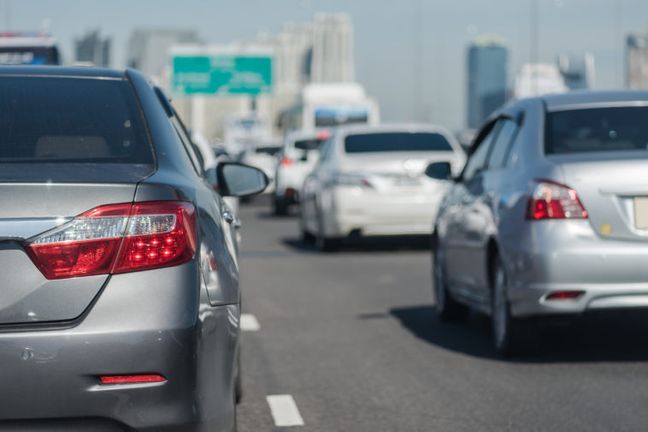
 Author: Sitar Bhatt
Author: Sitar Bhatt
 Cannabis Workers Allege Quota to Trim 4 Pounds a Day Violates the California Labor Code
Cannabis Workers Allege Quota to Trim 4 Pounds a Day Violates the California Labor Code
 The Ninth Circuit Reminds Us: Every Word Matters
The Ninth Circuit Reminds Us: Every Word Matters
 NO WAY, PRO SE! The Consequences of Abusing the Judicial System as a Pro Se Litigant in Colorado
NO WAY, PRO SE! The Consequences of Abusing the Judicial System as a Pro Se Litigant in Colorado
 Victim of Financial Mismanagement or Unlawful Retaliation? New Jersey City University Program Founder Claims School Retaliated After Reporting Alleged Sexual Harassment
Victim of Financial Mismanagement or Unlawful Retaliation? New Jersey City University Program Founder Claims School Retaliated After Reporting Alleged Sexual Harassment
 “Real Housewives” Gets a Reality Check
“Real Housewives” Gets a Reality Check
 Missing a Chapter: Insufficiency of Expert Deposition Testimony in Medical Malpractice Litigation
Missing a Chapter: Insufficiency of Expert Deposition Testimony in Medical Malpractice Litigation
 Crash Course: Why Summary Judgment Misses the Mark in Illinois Multi-Cause Limousine Crash Collision
Crash Course: Why Summary Judgment Misses the Mark in Illinois Multi-Cause Limousine Crash Collision
 Bitter Truths: Lead, Cadmium, and Defective Pleadings in California Chocolate Class Action
Bitter Truths: Lead, Cadmium, and Defective Pleadings in California Chocolate Class Action
 The Law of Unintended Consequences: Including Insurance Brokers in Litigation Strategy Communication May Waive the Attorney-Client Privilege
The Law of Unintended Consequences: Including Insurance Brokers in Litigation Strategy Communication May Waive the Attorney-Client Privilege
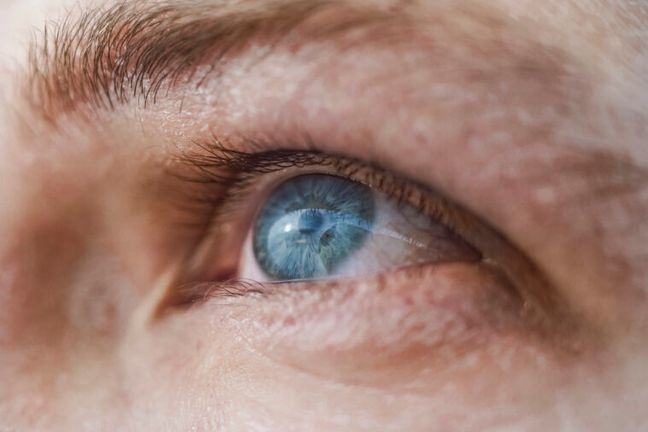 With an Eye Toward Summary Judgment: Courts as Gatekeepers in Medical Malpractice Claims
With an Eye Toward Summary Judgment: Courts as Gatekeepers in Medical Malpractice Claims
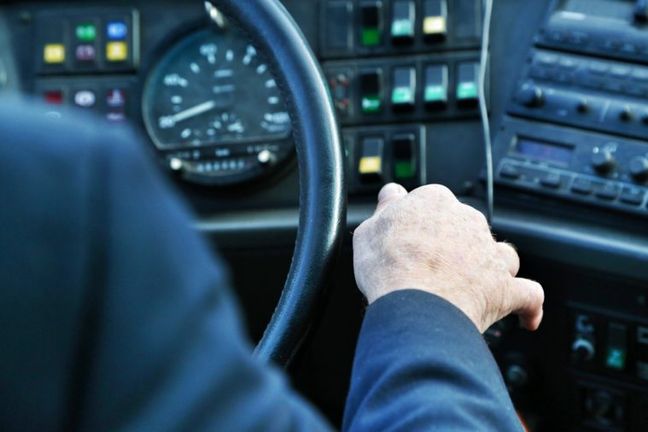 Automatic Attorneys’ Fees from Contractual Arbitration? Not So Fast!
Automatic Attorneys’ Fees from Contractual Arbitration? Not So Fast!
 Suspension of Rules Lifted – Is Arizona Back to Normal?
Suspension of Rules Lifted – Is Arizona Back to Normal?
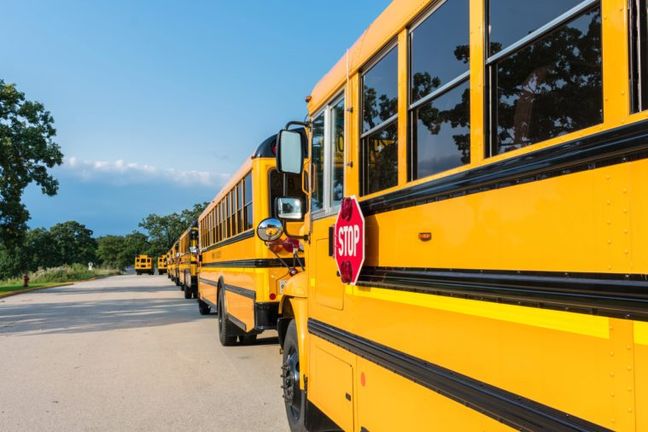 What is a School’s Standard of Care? Is it Based on Special Relationships, Public Policy, or Both?
What is a School’s Standard of Care? Is it Based on Special Relationships, Public Policy, or Both?
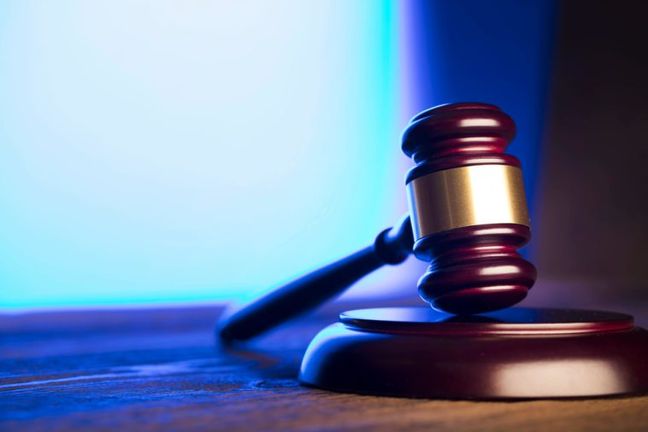 Arizona Claim Preclusion: A Powerful Tool to Stop the Re-Litigation of a Claim
Arizona Claim Preclusion: A Powerful Tool to Stop the Re-Litigation of a Claim
 Pima County’s FASTAR Programs Do Not Violate Arizona’s Compulsory Arbitration Statute
Pima County’s FASTAR Programs Do Not Violate Arizona’s Compulsory Arbitration Statute
 Arizona and an Excess Carrier’s Equitable Subrogation Claim
Arizona and an Excess Carrier’s Equitable Subrogation Claim
 Future of Litigation in Arizona: Potential Influx of Non-Lawyer Money?
Future of Litigation in Arizona: Potential Influx of Non-Lawyer Money?